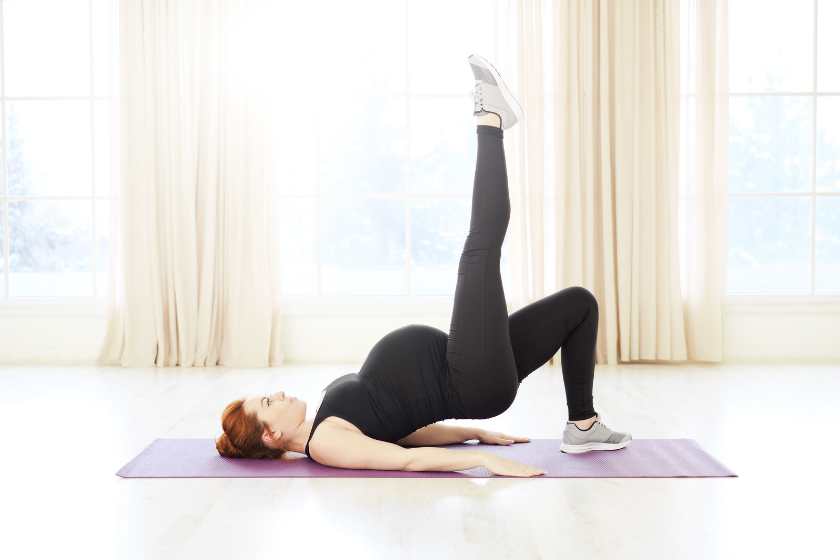
Why Your Pelvic Floor Health Matters
The pelvic floor is responsible for supporting the pelvic organs, sexual function, stability/core strength, bowel/bladder control, and circulation. This complex area of the body is often overlooked. Its role is vital in many everyday activities.
What Is Your Pelvic Floor?
The bony structure of the pelvis is lined at the bottom by multiple layers of muscle- commonly referred to as the pelvic floor.
Your pelvic floor— part of the “deep core” muscles—affects your posture, the way you sit, stand, lift, balance, and move.
Why Changes Can Occur
During pregnancy, there is increased demand on the pelvic muscles and tissues. This is caused from the weight of carrying a fetus, organ displacement, giving birth, previous injury or surgery.
Pelvic floor dysfunction can look like:
Pelvic, hip, & back/neck aches and pains
Leaking urine when coughing, sneezing, laughing, or running
Lack of control over gas or bowel movements
Constipation
Frequently rushing to the bathroom
Sensitivity or pain with sexual intimacy or penetration
Sensation of heaviness “down there”
Core / abdominal weakness causing difficulty with daily activities
Painful or sensitive perineal or abdominal scar tissue
When left untreated, these types of issues can turn into chronic pain that affects your daily life.
We have cared for patients in their 80s and 90s still dealing with postpartum pelvic issues!
The Role of Physical Therapy
Since your pelvic floor is made of muscles, tissues, and joints, you can (and should!) incorporate physical therapy — just like you would for a bad ankle sprain or other injury!
Physical therapy can help:
Improve strength & coordination
Decrease acute pain
Educate and teach on topics related to birth preparation and the postpartum recovery process
Prevent pelvic issues
Decrease chronic pain and restore physical function —even if you had a pregnancy 6 months or 10 years ago
Pelvic health is essential to enjoying a life without pain or discomfort!
One-on-one Physical Therapy
When you work with us, you can:
Perform everyday activities like placing your child in a car seat without pain
Return to work duties without restriction
Continue your exercise routines safely
Learn how to breath and manage abdominal pressure during daily movement
Improve your posture when standing, sitting, or lifting
How is your pelvic floor? Contact us below for a free consultation!

